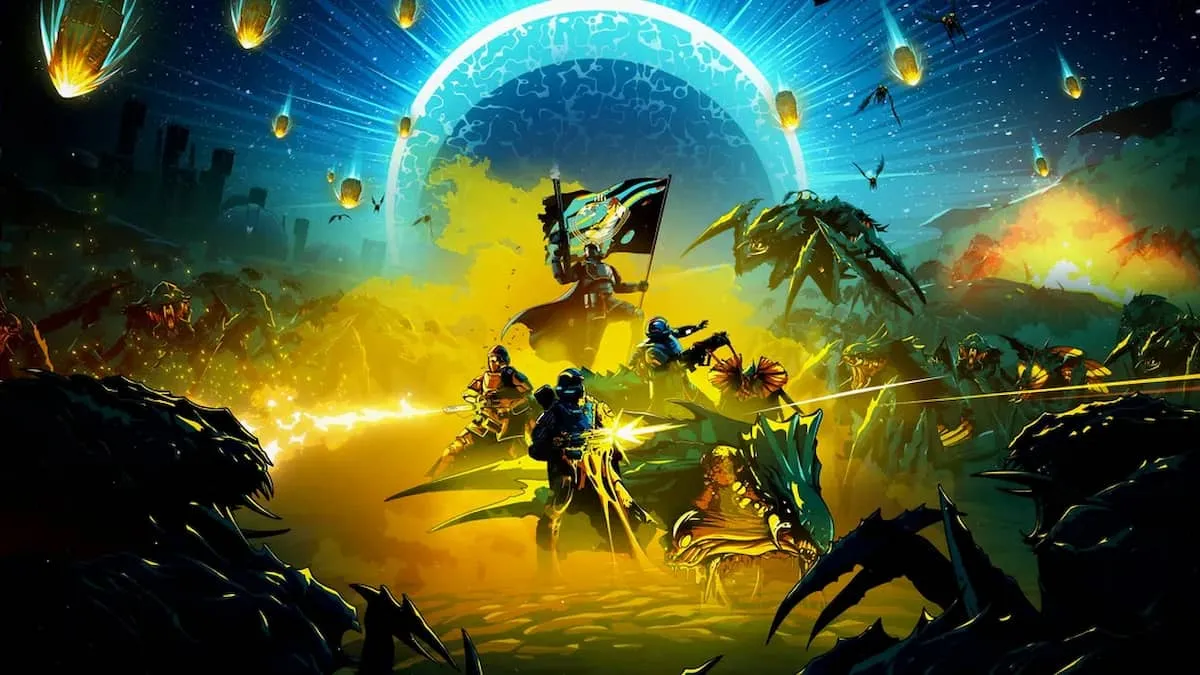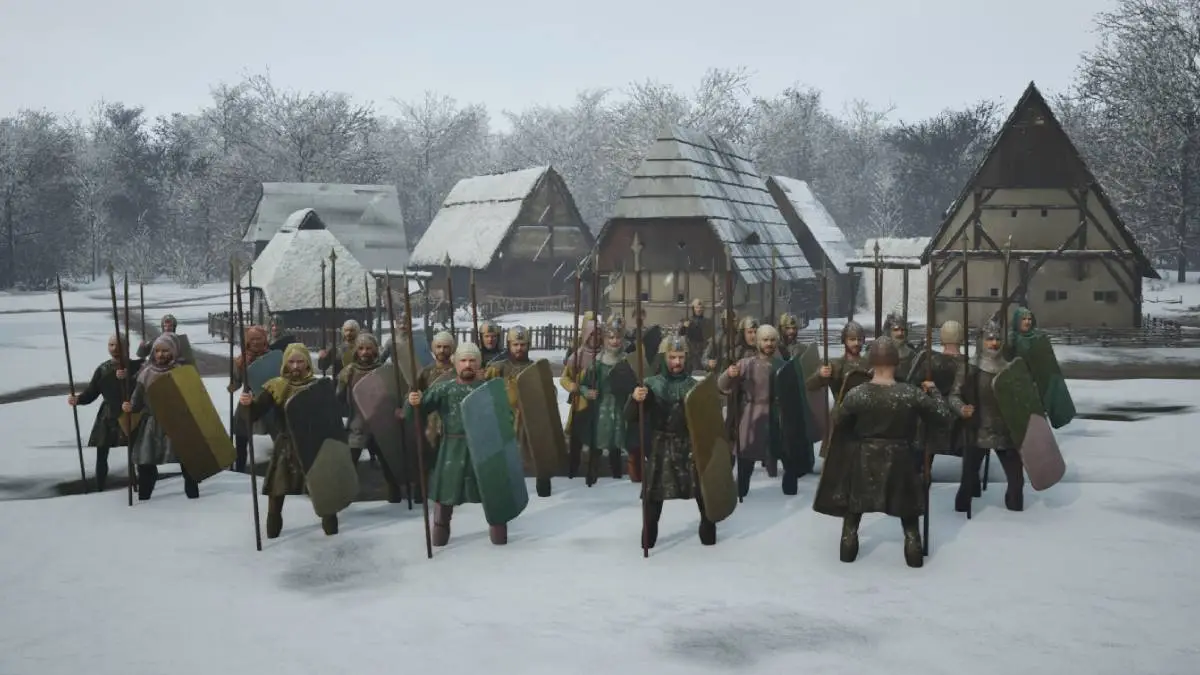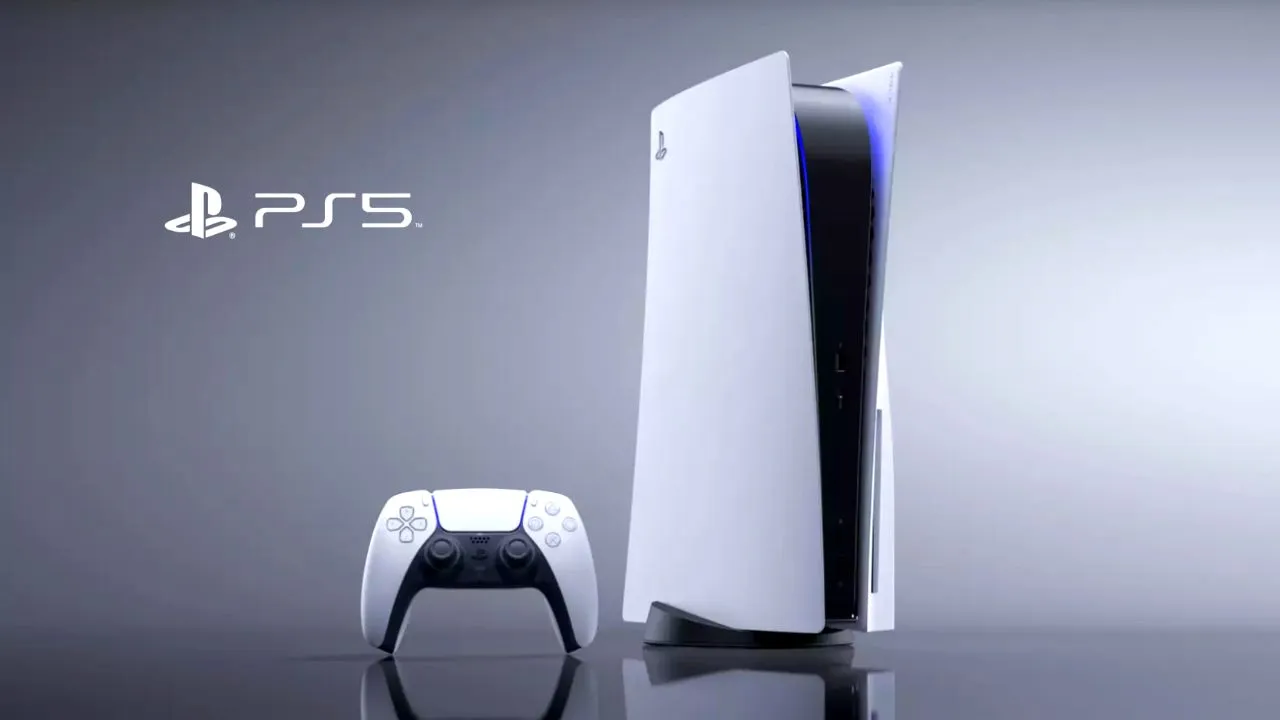Some upcoming game releases are setting a new standard for even the worst PCs to play their games. Both Starfield<\/em> and Cyberpunk 2077\u2019s<\/em> new DLC have a solid-state drive as their minimum system requirements. This is a big step forward in games since for the longest time, either a hard disk drive or solid-state drive would work for any game, new or old.<\/p>
Casually known as an SSD, solid-state drives are different from the older hard disk drive (HDD) counterparts. They each have their own pros and cons, with the HDD being the more popular memory storage source for over 20 years now. Yet with the latest technology, the SDD has become the go-to storage drive for gamers over the past 10 years thanks to how much faster it runs.<\/p>
For example, I have built two PCs from scratch over the past 10 years, buying all the individual parts online and building them at home. My first PC had both an HDD and SDD, used for very different things. The SDD was where I stored my games as the boot time was immensely improved over an HDD. My HDD was for my videos, music, photos, and essentially content that\u2019s important but not needed as quickly as games or other quick-use programs.<\/p>
Now, how does this link to game devs requiring people to have an SDD over an HDD? Well, for the same reason why regular gamers want an SSD: quicker load times and overall better performances.\u00a0<\/p>
For fans who are worried about Cyberpunk 2077<\/em> running on their HDD, it still will, but future updates like the upcoming DLC Phantom Liberty<\/em> are going to be made with SSD<\/a> users in mind. So, you can use the HDD much like you did with the base game, but at your own risk. As for Starfield<\/em>, that game is made entirely with SSD in mind<\/a>, so don\u2019t try and use an HDD for that game.<\/p>
Related: <\/strong>\u2018We\u2019re competing with ourselves\u2019: CD Projekt Red on its ethos for Cyberpunk 2077\u2019s Phantom Liberty <\/em>DLC<\/strong><\/a><\/p>






